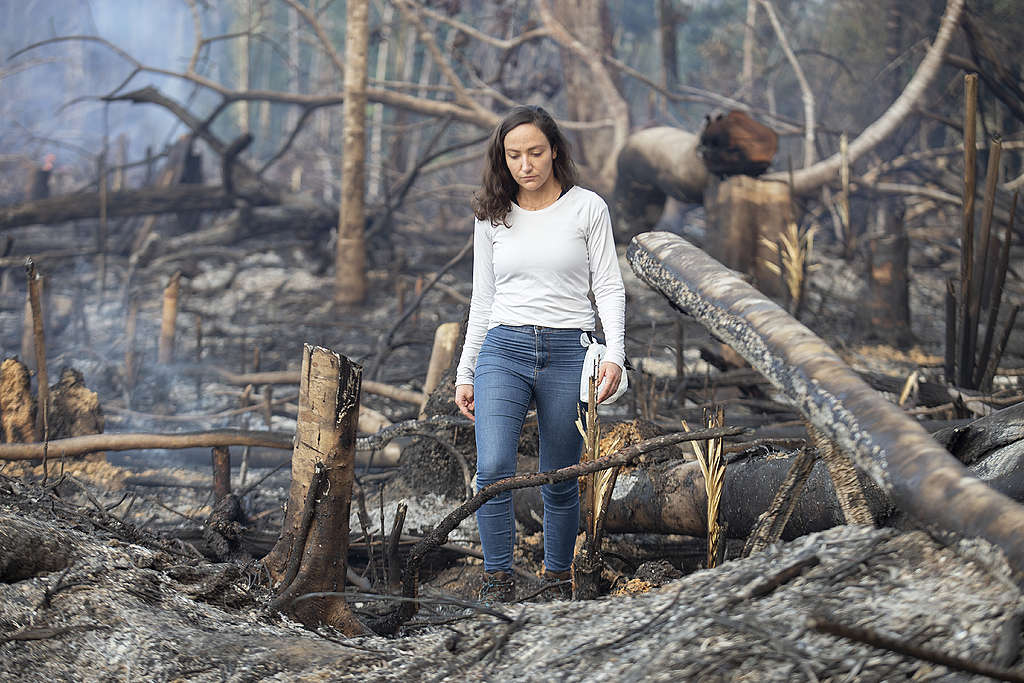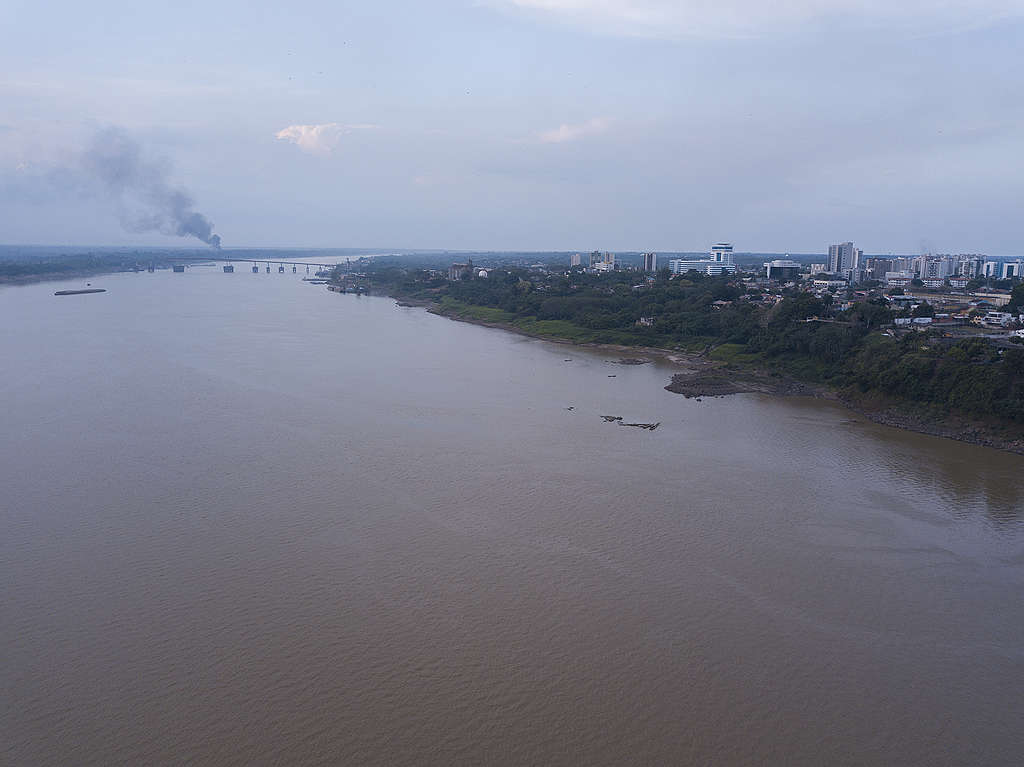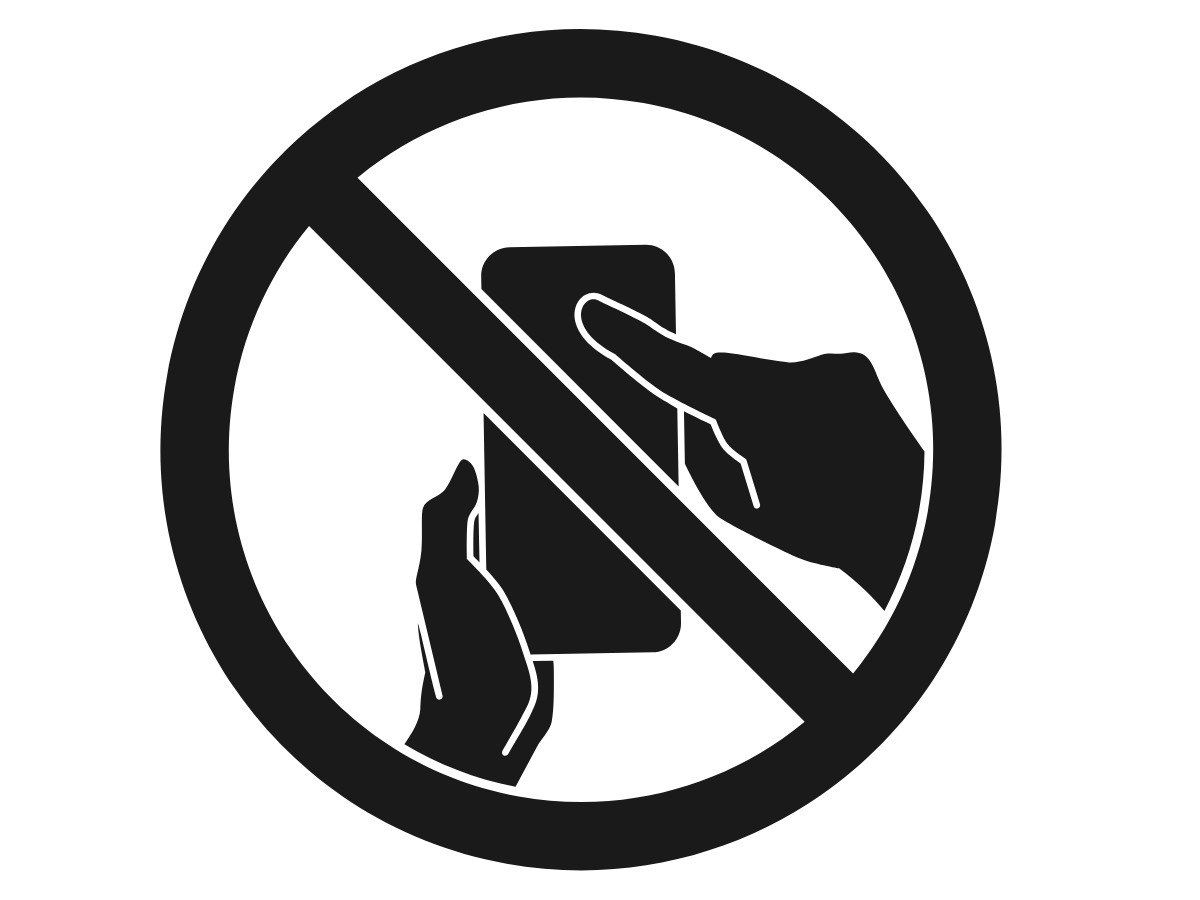The fires and deforestation in the Amazon have a devastating impact on the forest, biodiversity, and the global climate. We have seen news, articles, and documentaries about it. But little is told about the impact the destruction has on the lives of those living in the region. For me, there is no richer experience than being on the field, talking to those people, and hearing about their – sometimes very harsh – reality.

For a week I traveled with a team from Greenpeace Brazil to a few municipalities in the Amazon to document the devastation, enabled by Bolsonaro’s government, in the region.
We started our trip in Porto Velho. The day we arrived, the city had just gotten the first substantial rain in several weeks. ” Last week we couldn’t even see the sky, now we can just because it rained last week”, the people who live there said. The smoke, which prevents the city’s residents from seeing the sky and breathing good quality air, is one of the reasons why we went there.

During our visit to Porto Velho, we wanted to understand how the fires affect people’s health and well-being. We interviewed researchers from Public Health Research Institute Fiocruz, the state’s Health Surveillance Agency Agevisa, and a doctor from the local Children’s Hospital. All of them emphasized that fires affect the health of the population, especially children and the elderly, who are more vulnerable. But they also highlighted that the smoke doesn’t impact only the ones living near the fires but also people far away, as the pollution travels with the wind.
Every resident from Porto Velho talks about the smoke, which covers the city every year. In the few days we were there, even with the rain, we saw fires very close to the city and the air was still very dry. I couldn’t stop thinking how inconceivable that was: such low humidity in a city right next to the rainforest.
This is the first of a series of stories I am going to tell you about my visit to the Amazon. From deforestation to logging and land grabbing, the forest is being devastated, threatening the health and livelihood of those in the region. Stay tuned, share this story and join the movement to .






